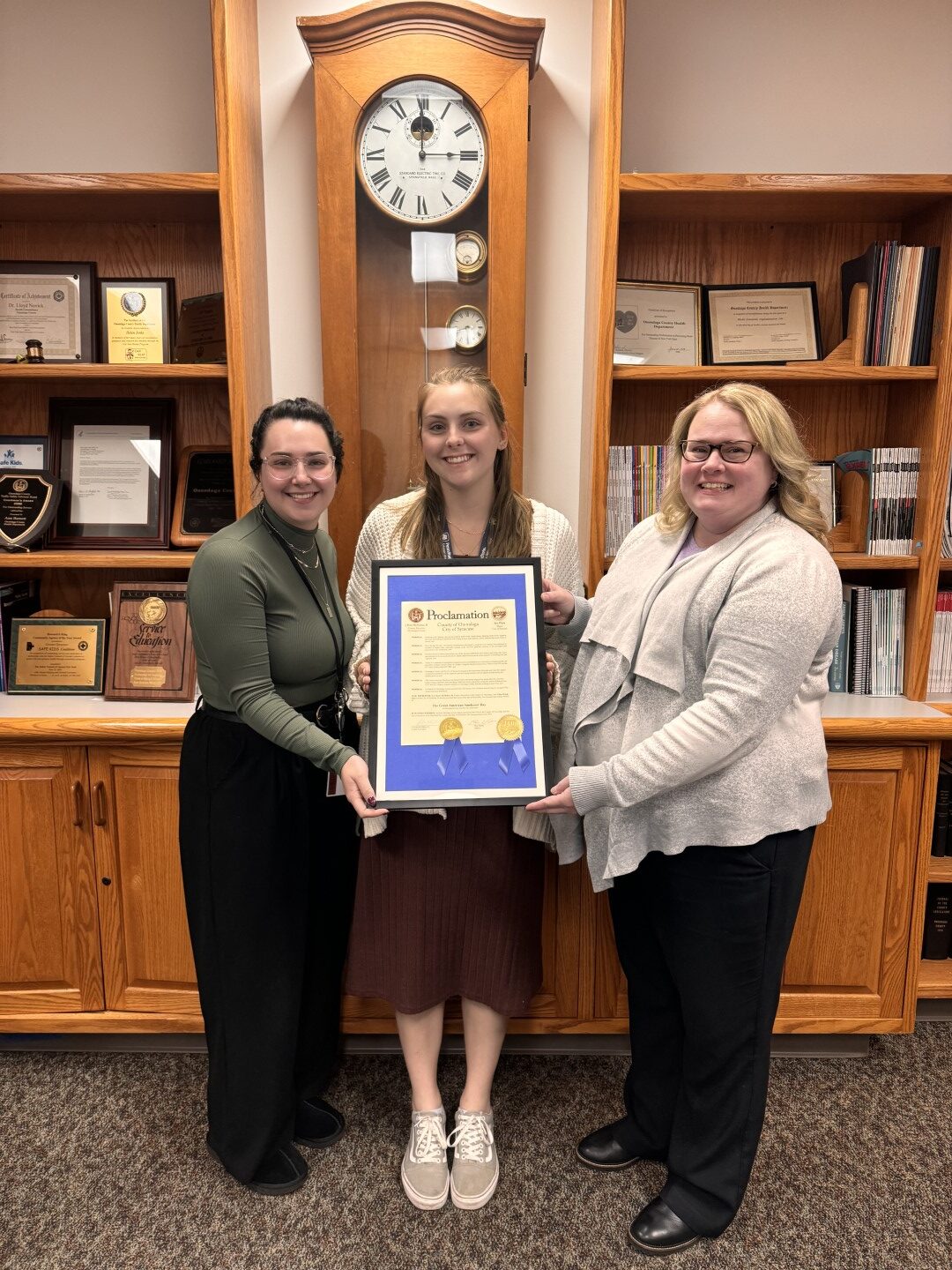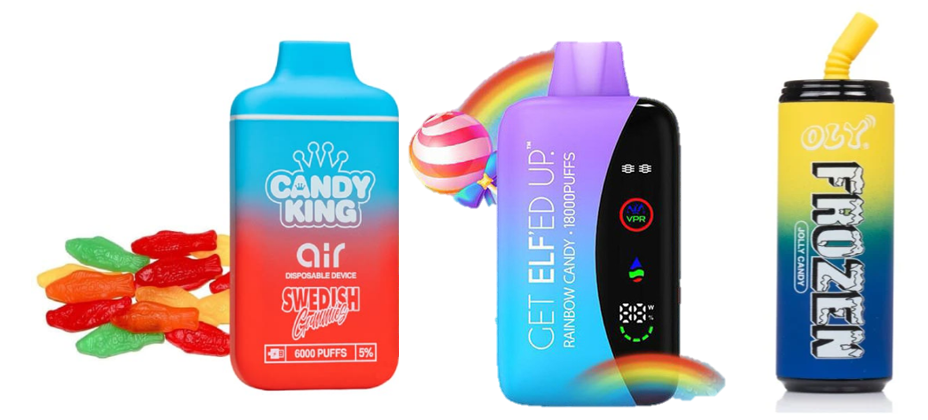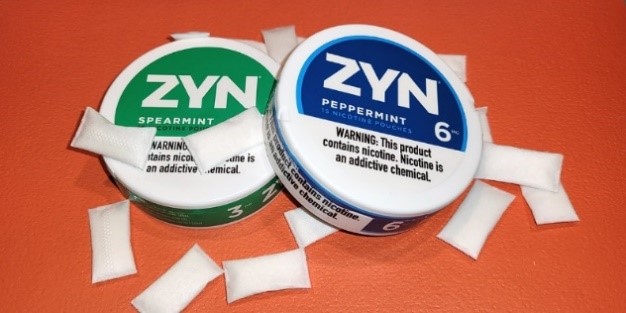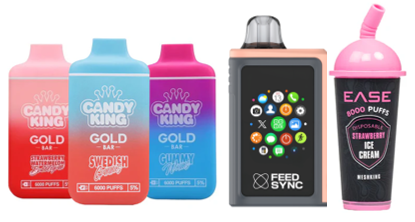SYRACUSE, NY, 22 DE NOVIEMBRE DEL 2024 – El Condado de Onondaga y la Ciudad de Syracuse se están asociando para proporcionar filtros de agua de forma gratuita a los hogares de la Ciudad de Syracuse donde habitualmente residen mujeres embarazadas y niños de seis años de edad y menores. Esta iniciativa aborda las preocupaciones sobre la posible presencia de plomo en el agua potable de algunos hogares de Syracuse debido a líneas de servicio de plomo.
Los filtros estarán disponibles inicialmente para los participantes del Programa de Mujeres, Infantes y Niños (WIC, por sus siglas en Inglés) y residentes que califiquen durante los Días de Registro del Salvation Army Christmas Bureau. Próximamente se anunciarán más detalles sobre una colaboración con el Distrito Escolar de la Ciudad de Syracuse para distribuir filtros a todos los hogares elegibles con niños en programas de prekínder hasta primer grado a partir de Diciembre. También se distribuirán filtros a guarderías infantiles, escuelas autónomas (charter schools) y otros cuidadores que atienden a bebés y niños pequeños.
“Proveer agua potable segura y confiable es una prioridad tanto para el Condado como para la Ciudad,” dijo Ryan McMahon, Ejecutivo del Condado de Onondaga. “La distribución de filtros es un paso adicional para proteger a los residentes, especialmente a los niños y las poblaciones vulnerables, mientras se esperan los resultados finales de la actualización de las muestras de agua.”
El Alcalde Ben Walsh destacó el compromiso de la Ciudad para abordar este problema: “Nuestros últimos análisis muestran que el agua potable de Syracuse cumple con los estándares de plomo de la Agencia de Protección Ambiental de los EE. UU. Los errores en los protocolos de muestra a principios de año han generado preocupaciones, por lo que queremos asegurarnos de que las poblaciones vulnerables tengan acceso a filtros de agua.”
¿Quiénes son elegibles?
Hogares de la Ciudad de Syracuse donde viven o visitan regularmente niños de seis años de edad y menores; residentes embarazadas; y/o personas en riesgo.
¿Qué se proporciona?
El programa proporcionará un filtro de agua y jarra de la marca Brita Elite certificado por la NSF con capacidad de eliminar el plomo junto con las instrucciones necesarias para su instalación y uso adecuado. Se entregará un filtro por hogar elegible.
¿Cómo obtener un filtro?
Los residentes elegibles pueden comenzar a recoger los filtros de agua en el Programa WIC ubicado en la calle Gifford y durante los Días de Registro del Salvation Army Christmas Bureau:
Programa Mujeres, Infantes y Niños (WIC)
307 Gifford St, Syracuse, NY 13204
- Lunes, 25 de Noviembre: 12:00 pm – 7:00 pm
- Martes, 26 de Noviembre: 9:00 am – 5:00 pm
- Miércoles, 27 de Noviembre: 7:30 am – 12:00 pm
Días de Registro del Salvation Army Christmas Bureau
- Huntington Family Center | 405 Gifford St, Syracuse
Lunes, 2 de Diciembre: 10:00 am – 4:00 pm - Refugee Assistance Program (Bob’s School) | 516 Prospect Ave, Syracuse
Martes, 3 de Diciembre: 12:00 pm – 4:00 pm - The Oncenter | 800 S. State Street, Syracuse
- Lunes, 9 de Diciembre: 10:00 am – 4:00 pm
- Martes, 10 de Diciembre: 12:00 pm – 6:00 pm
- Miércoles, 11 de Diciembre: 10:00 am – 4:00 pm
“Proteger la salud pública es una responsabilidad compartida,” dijo la Dra. Kathryn Anderson, Comisionada de Salud del Condado de Onondaga. “Los filtros de agua son una herramienta efectiva para reducir inmediatamente las posibles exposiciones al plomo de las líneas de servicio. Otra medida sencilla que los residentes pueden tomar es dejar correr la llave de agua durante un minuto en la mañana antes de usar el agua para beber o cocinar. Esto ayuda a eliminar el plomo acumulado en las tuberías durante la noche.”
Para más información sobre las iniciativas de agua en la Ciudad de Syracuse, visite https://www.syr.gov/Departments/Water/Lead-Free-Syracuse.



 To raise awareness on the harms of menthol and other flavors in tobacco products, New York State youth have declared October 13th as Seen Enough Tobacco Day. This day is used to educate communities about tobacco flavors, the harms of tobacco use, and how changes could be made to improve the health of these communities. There are many ways in which people can participate in activities on Seen Enough Tobacco Day. You can help to spread the message by posting on social media with the hashtag #SeenEnoughTobacco with a statement on why you are passionate about ending the sale of menthol tobacco products. You can speak to your friends, family, or community on the harms of flavored tobacco. To find out more on how to take action on October 13th, read over our
To raise awareness on the harms of menthol and other flavors in tobacco products, New York State youth have declared October 13th as Seen Enough Tobacco Day. This day is used to educate communities about tobacco flavors, the harms of tobacco use, and how changes could be made to improve the health of these communities. There are many ways in which people can participate in activities on Seen Enough Tobacco Day. You can help to spread the message by posting on social media with the hashtag #SeenEnoughTobacco with a statement on why you are passionate about ending the sale of menthol tobacco products. You can speak to your friends, family, or community on the harms of flavored tobacco. To find out more on how to take action on October 13th, read over our 
